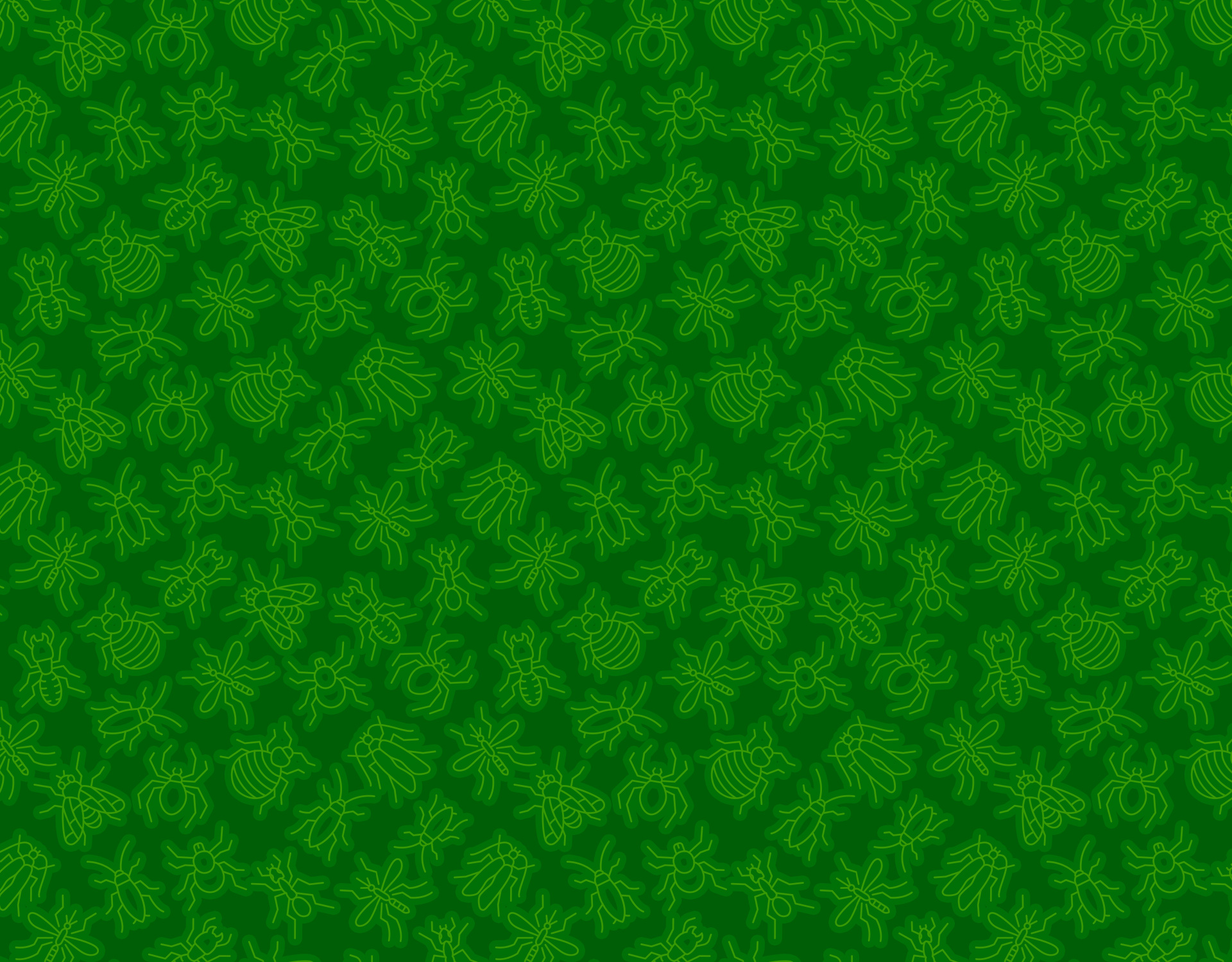 Raccoons are a species of nocturnal mammal that are commonly found in wooded areas and close to water. However, they have the potential to live in any urban, suburban, or rural area. Raccoons are most known for their distinctive markings; a black "mask" of fur covering their eyes. They have black and gray ringed tails and thick fur that is salt and pepper colored. They grow to about the same size as an average house cat. Raccoons also have long, slender feet and finger-like toes. Raccoons' hind legs are longer than their front legs, giving them a hunched appearance as they walk.
Raccoons are a species of nocturnal mammal that are commonly found in wooded areas and close to water. However, they have the potential to live in any urban, suburban, or rural area. Raccoons are most known for their distinctive markings; a black "mask" of fur covering their eyes. They have black and gray ringed tails and thick fur that is salt and pepper colored. They grow to about the same size as an average house cat. Raccoons also have long, slender feet and finger-like toes. Raccoons' hind legs are longer than their front legs, giving them a hunched appearance as they walk.
Outside, raccoons are typically found living in the cavities of trees, in the crevices of rocks, and in the abandoned burrows of other animals. Raccoons are omnivores and feed on a wide variety of things including fruits, berries, corn, pet food, insects, crayfish, eggs, and rodents. Raccoons can become a big problem for homeowners. They dig through trash, and damage gardens and compost areas. Raccoons also damage siding, roof shingles, and chimneys while creating an entrance and exit into homes, garages, and sheds. They introduce fleas, ticks, and mites onto your property and into your home and transmit dangerous diseases, including rabies, to people and pets.
Raccoon prevention tips include placing wire mesh around decks, sheds, and similar structures to keep raccoons from nesting underneath them, trimming tree branches away from the outside of your home, and picking up uneaten pet food. You should also make sure that vents leading into your home have tight-fitting covers over them. Be sure to repair any loose window screens or other large openings into your home. Outdoor garbage cans and compost bins should have tight-fitting lids on them. Place vegetable gardens a distance away from the outside of your home or commercial building.






